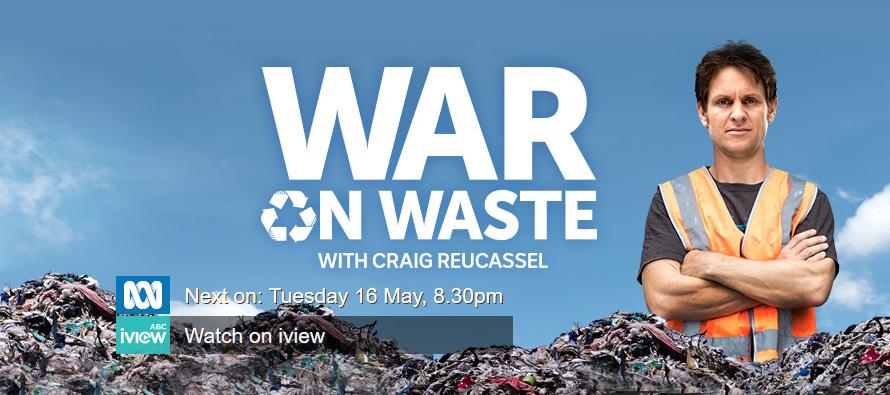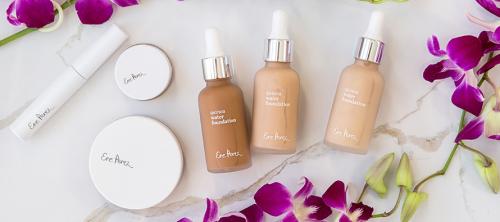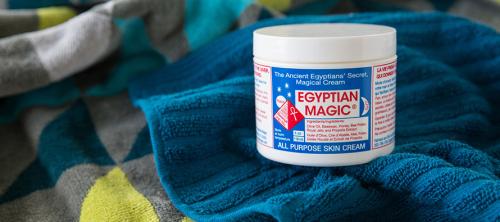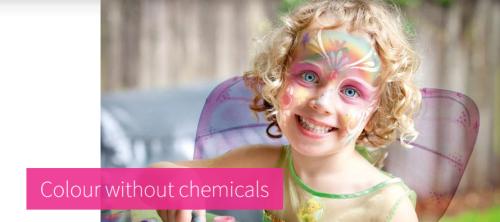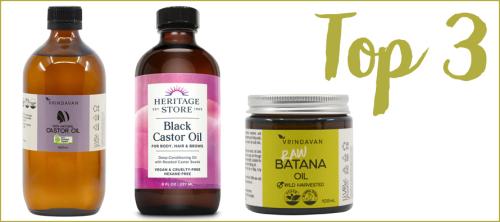ABC's War On Waste Episode One - the horrifying stats
Last night I started watching War On Waste on the ABC, and the numbers were just staggering. It's the first time I have seen that many Austalian statistics on waste in one place at the same time. I felt compelled to sit down this morning and re-watch it with a notepad and pen in hand so I could save them all in the one place for future reference. Here are the mind numbingly horrifying stats that I plucked from the episode.
On waste in general
- Australia's waste is growing at twice the rate of the population
- Australians throw away around 1 billion single use coffee cups a year (you can fit 50,000 of them in a tram carriage)
- Australians use 10 million plastic bags every day
On food waste
- The average Australian family throws out almost 1 tonne of food a year at a cost of $3,500
- This equates to approx. 1 in 5 of every bag of groceries purchased
- We produce enough food to feed 60 million people per year. That's 2 and a half times MORE than our population
- 3.3 million tonnes of food is wasted in Australia every year. That's enough to fill the MCG 6 times over (all the way to the very top)
- Food waste in landfill produces methane gas, which is 25 times more toxic to the environment than the Co2 that comes out of your car exhaust
- If just 1% of all food scraps went to compost instead of landfill, it would save 45 million kg of Co2 from being released
- Supermarkets control 70% of the grocery spend each year in Australia and they send 170,000 tonne of food to landfill each year
On banana farming
There was a segment on banana farming and trust me, this one needs its own sub-heading. Anyone who watched this was horrified at the wastage. Australia's third largest banana farmer was interviewed and grows for one of the major supermarkets. I really feel for her, and you will too if you see the story. And even if you didn't, reading this stats will make you feel for her, or make you angry, or both.
- Australians eat 5 million bananas every day, and they want them 365 days of the year
- A farm that produces 1.5 million cartons of bananas per year (80 bananas per box) has to throw away around 40% of its crop because it doesn't meet the cosmetic standards of the supermarkets.
- This means that they sell 120 million bananas per year and throw away close to 80 million bananas per year because the bend is wrong, they're too large, too small or have a blemish on the outside.
- That is just F*#%ING CRAZY.
Considering it takes 9 months to grow a banana tree and they bear fruit ONCE, the farming land and resources wasted is enough to make you cringe / scream / sigh / slap your forehead / roll your eyes in disgust (strike out any that don't apply).
On the upside
It's not all doom and gloom. Here's a couple of positive stats to come out of the show too.
- The people who run OzHarvest successfully lobbied to get laws changed around rescuing cosmetically damaged food and we love their OzHarvest Market where people can take or purchase rescued food cheaply.
- Food Bank have sourced and rescued 38 million kg of food in the last 12 months and supply countless charities with free food.
- Supermarkets to actively donate food to places like Food Bank and other food charities, but the waste is still significantly larger and this must change.
- Harris Farm have sold 4 million kg of "Imperfect Picks" fruit and veg in the last 2 years. I LOVE Harris Farm.
What can you do?
I am a big believer in just encouraging people to do what they can, when they can. No judgement, no guilt. Just make a positive change where you can do it. For the times that you can't, don't feel bad about it. When supermarket's programs are having one banana farmer throw away almost 80 million bananas a year, that one take away coffee you grabbed when you were out shopping and needed a caffeine fix isn't going to end life as we know it.
My Top 5 Swaps
Here's my top 5 simple tips for product swaps to help reduce waste.
ONE | Don't use plastic bags when buying fresh produce
There are some things I just don't put in bags when I buy fruit & veg. If you're buying loose salad leaves, snow peas or a whole pile of tomatoes for example, you're going to need a bag. Our reusable bags from Onya come in 5 packs or 8 packs. They are made from recycled water bottles and I know people who have the same set they bought 8 years ago.
We also have bamboo fabric bags from 4myearth and also cotton bread bags for going to the baker when you buy off the shelf and slice to order.
Shop all our reusable shopping bags >
TWO | BYO Coffee Cup
Carrying your own water bottle has pretty good traction now, but not so much when it comes to buying coffee. Just 1,000 people taking a coffee cup to their local barista daily would save over 300,000 cups being thrown away in a year. As a nation, we throw away 1 billion a year. Paper coffee cups are lined with plastic and the vast majority cannot be recycled. Keep Cup are specifically barista sized. You can even buy them in your favourite Star Wars character! They are designed to fill and drink, but for those who want to travel with their hot drink for later, we have a travel mug for just about anyone.
THREE | Say goodbye to single use cling film and zip lock plastic bags
There are so many different options now to store and cover food. Beeswax wraps have taken on a huge amount of popularity recently, but they are certainly not the only option. You can see a handful of things we've done with our beeswax food wraps in the video above. A vegan alternative is coming next month too, but we also have waterproof silicone pockets that you can even cook food in plus biodegradable cotton wraps and reusable food pouches and more. Visit the reusable sandwich bags category for more. We also have food covers that look like little shower caps to cover plates and bowls. You'll find all these in the reusable food covers category.
FOUR | BYO Cutlery & Food Containers when you buy takeaway
You're busy, I'm busy, we're all busy. I buy take away for lunch more often than I'd like at times. Having a set of BYO cutlery in your bag will cut down on single use forks, spoons and knives that you'll use for about 15 minutes and then throw away. You can even be super savvy and have reusable straws on standby. Choose from bamboo cutlery and a range of reusable sporks are coming in the next few days too. If you're organised enough, most takeaway places will use your container to put your lunch in, so don't be shy about handing over your own lunch box and asking the local salad bar to fill it up and not use a plastic disposable.
FIVE | A plastic free laundry is not a pipe dream, it's a reality
Head over to That Red House for our soapberries, your plastic free laundry detergent solution. Do your laundry for just 11 cents per wash and never buy a plastic bottle again. We even give you free bamboo pegs with every bag of soapberries so you can make the switch out on the line too. Just like a bamboo toothbrush, when you're done, bury them in the garden and they will break down. For those endless stretches of rain when you have no choice but to put clothes in the dryer, the woollen dryer balls from That Red House will significantly reduce your drying time. Simply pop some essential oils either in to the wash with the soapberries or on the dryer balls for scented laundry.
Remember, do as much or as little as you want. Pick one of my top 5. Pick something different. Challenge yourself. Get a group of friends and do a group challenge. We all have the power to make a difference. For me, I think the biggest difference we can make is to write to a major supermarket and tell them that you want to buy wonky bananas. Or better still, buy ALL your fruit & veg from places like Harris Farm or independent fruit stores.
